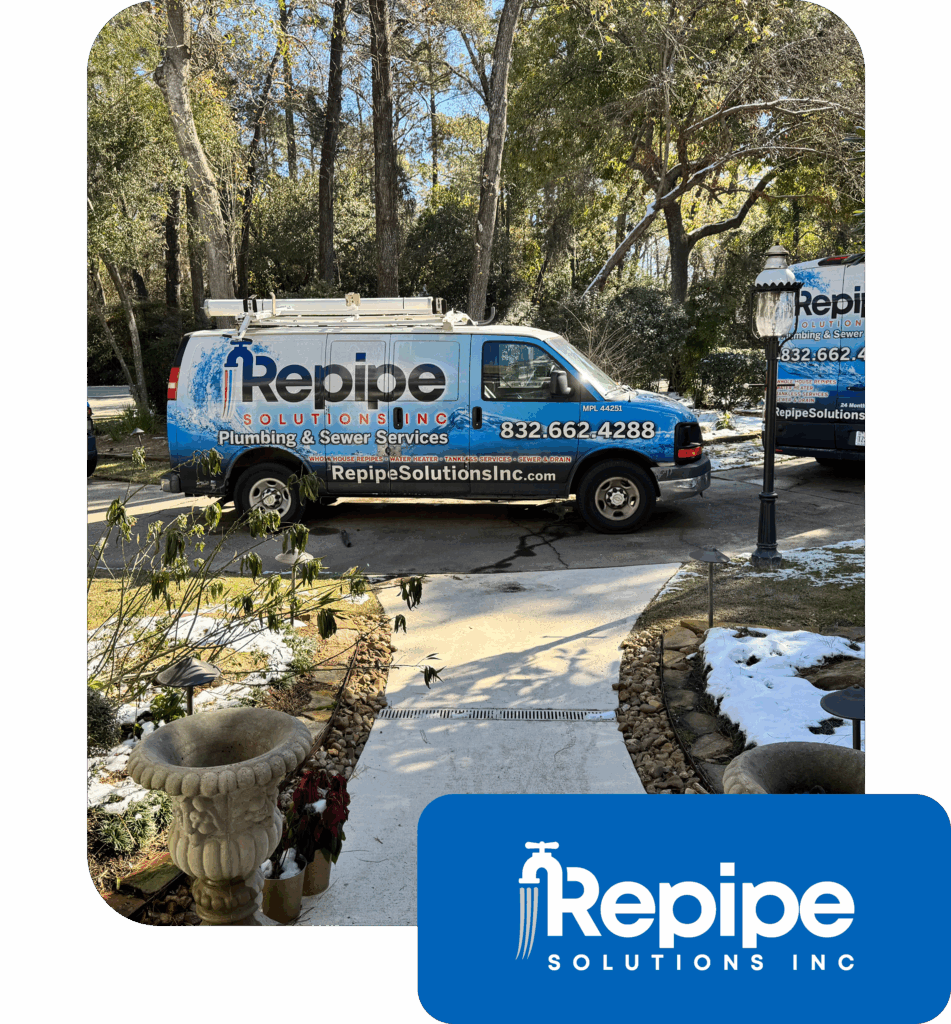In the era of remote and hybrid work, the concept of the “office” has undergone a radical transformation. While much attention is paid to digital tools and corporate culture, one fundamental element is often overlooked: the physical address. Yet, in 2024, a surprising 22% of new business registrations are for non-traditional locations, including homes, co-working spaces in unconventional buildings, and even virtual offices. This shift isn’t a logistical headache to be solved; it’s a unique branding and operational opportunity to be celebrated. The key lies not in hiding your strange address, but in verifying it and leveraging its uniqueness for authenticity and memorability.
The Power of a Verified Peculiarity
A verified address is the bedrock of business legitimacy. It builds trust with clients, satisfies stringent KYC (Know Your Customer) requirements from banks, and ensures reliable mail and package delivery. For an office in a converted warehouse, a repurposed historic home, or a trendy mixed-use development, this verification is crucial. It transforms a potential liability—”Why is your address a loft above a bakery?”—into a compelling asset: “Our creative agency operates from a verified, inspiring loft above the city’s best artisan bakery.” This act of verification turns quirkiness into credibility.
- Enhanced Trust: A verified address on Google Business Profile and official documents instantly builds client confidence.
- Operational Stability: Ensures seamless logistics, from client welcome packages to critical business filings.
- Brand Differentiation: A unique, legitimate address makes your company unforgettable in a sea of generic corporate parks.
Case Study: The Brewery-Turned-Tech Hub
Consider “Synapse Analytics,” a data firm that chose to locate its headquarters in a decommissioned historic brewery. Instead of masking their location, they embraced it. Their verified address, “Unit 4, The Old Brewery Yard,” became central to their brand story. They used verified location services to ensure all mapping and delivery services were accurate. The result? The unique address became a talking point in client meetings and a recruitment tool, attracting talent tired of sterile glass towers. Their office tour famously ends where the old fermentation tanks once stood, now a server room, perfectly symbolizing their mission of transforming raw data into refined insights.
Case Study: The Suburban Sanctuary
Another compelling example is “Veridian Legal Consultants.” This firm operates from a beautifully restored, verified home office in a quiet suburban neighborhood. Initially concerned about perceived unprofessionalism, they leaned into the narrative of a “calm, focused sanctuary for complex thought.” Their Google Business Profile, complete with photos of the peaceful, book-lined office and a 오피스타 address, explicitly states their unique model. This transparency has attracted a specific clientele seeking a more personal, less intimidating legal experience, proving that a verified non-traditional address can be a powerful market filter and brand statement.
Leaning Into Your Locale
The modern business landscape rewards authenticity. A strange address is no longer strange; it’s a story. By formally verifying your office’s location—whether it’s a marina, a farm, a repurposed industrial site, or a residential property—you do more than just satisfy administrative requirements. You anchor your company’s identity in a real, tangible place with character. You communicate that your business is confident, legitimate, and unafraid to be different. So, don’t just list your new address. Celebrate its unique story, verify its legitimacy, and watch it become an integral part of your company’s compelling narrative.

